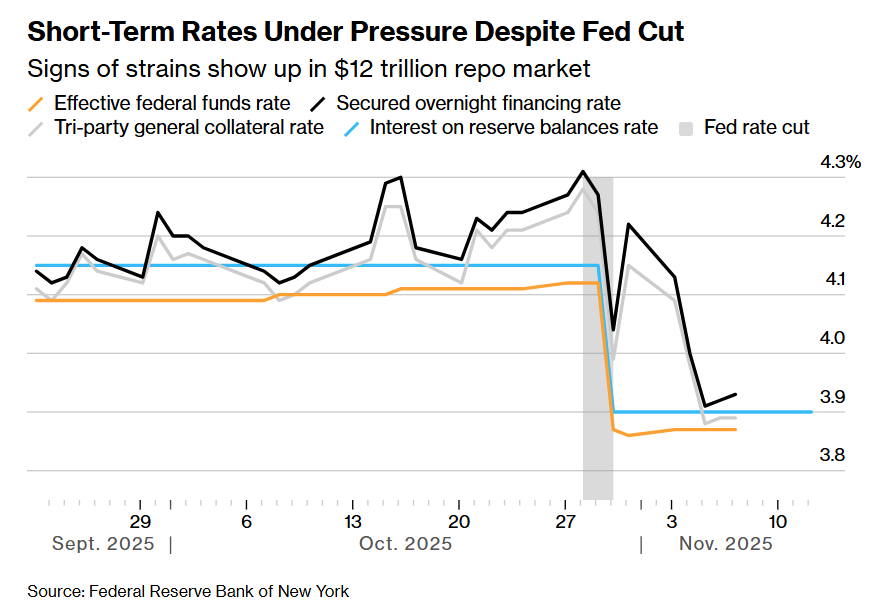Bitcoin’s SHA-256 encryption remains secure against quantum computing threats for the next five years, with less than a 10% chance of being cracked by 2035, according to Grok AI’s analysis prompted by Elon Musk’s inquiry.
-
Grok AI estimates Bitcoin’s cryptographic security will hold strong for at least five years.
-
IBM’s quantum roadmap targets 2,000 qubits by 2033, but this remains insufficient to break Bitcoin’s encryption.
-
Tesla holds 11,509 Bitcoins valued at $1.31 billion, underscoring Musk’s confidence in crypto assets.
Bitcoin’s SHA-256 encryption is secure against quantum threats for now. Discover expert insights and Tesla’s crypto holdings in this detailed analysis.
How Grok AI Assesses Bitcoin’s Quantum Computing Risk
Grok AI, embedded in the X social platform, evaluated the risk of Bitcoin’s SHA-256 hashing algorithm being compromised by quantum computers. The AI concluded that the probability of a successful quantum attack remains near zero over the next five years, based on current quantum hardware capabilities and expert assessments. By 2035, this risk rises but stays below 10%, indicating Bitcoin’s encryption is robust and reliable for the foreseeable future.
Quantum Computing Progress and Its Impact on Bitcoin Security
IBM’s ambitious plan to develop Blue Jay, a quantum computer with 2,000 qubits by 2033, marks significant progress but still falls short of the millions of error-corrected qubits required to break Bitcoin’s cryptography. Current quantum systems operate with approximately 1,000 noisy qubits, which are insufficient for such complex cryptographic attacks. Grok AI also noted potential future upgrades to Bitcoin’s hashing algorithm, such as adopting SHA-3 or SHA-512, to enhance security further.
What Are Tesla’s Bitcoin Holdings and Their Significance?
Tesla, led by Elon Musk, currently holds 11,509 Bitcoins valued at approximately $1.31 billion. Additionally, Musk’s aerospace company SpaceX owns Bitcoin assets worth around $850 million. These substantial holdings demonstrate Musk’s continued trust in Bitcoin’s long-term value and security despite emerging technological challenges.
Elon Musk’s Personal Crypto Investment Strategy
Beyond corporate holdings, Elon Musk has publicly confirmed his personal Bitcoin investments. This diversified crypto exposure reflects a strategic belief in Bitcoin’s resilience and potential as a store of value, even amid evolving technological landscapes such as quantum computing.
Frequently Asked Questions
What is the likelihood of quantum computers breaking Bitcoin’s encryption soon?
Experts and Grok AI estimate the chance remains near zero for the next five years, with less than a 10% probability by 2035, indicating Bitcoin’s encryption is currently secure.
Why is Elon Musk concerned about Bitcoin’s quantum security?
Musk’s inquiry into Bitcoin’s security via Grok AI reflects awareness of emerging quantum technologies that could challenge cryptographic systems, emphasizing the need for ongoing vigilance and upgrades.
Key Takeaways
- Bitcoin’s SHA-256 encryption remains secure: Quantum computing poses minimal risk in the near term.
- IBM’s quantum roadmap advances: Yet current qubit counts are insufficient to threaten Bitcoin.
- Tesla’s significant Bitcoin holdings: Reflect confidence in crypto’s long-term viability.
Conclusion
Bitcoin’s cryptographic security, as evaluated by Grok AI and industry experts, remains robust against the evolving threat of quantum computing. Tesla’s substantial Bitcoin investments further underscore confidence in the cryptocurrency’s resilience. Continuous monitoring and potential algorithm upgrades will ensure Bitcoin’s security adapts to future technological advances.



